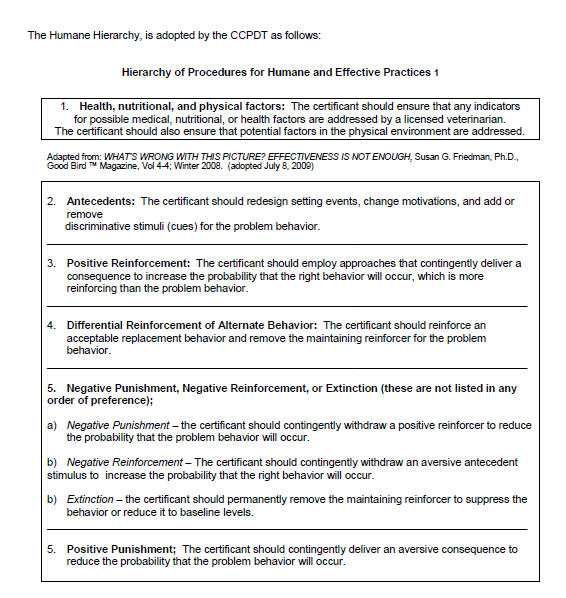About us
What's Our Training Philosophy?
Though it may sound a bit like wishing for world peace, we are really serious about making the world a better place, one dog at a time.
Dog training is all about forming a wonderful positive bond with your dog - where your dog looks to you for information and cues on what to do and you provide them with cues (and rewards) for their great behaviour. We want to be your partner as you build this relationship - providing you with all the expertise you need to make that happen -- sharing with you the best techniques and most current information about dog training out there. We've sifted through Google, discarded the junk and taken lots of training ourselves to make sure we can best support you.
This great relationship...a dog friendship... means you live with a happy, well mannered, confident dog that is a joy to handle and be around. We use positive methods - starting with treats to moving to not just using food all the time (using life rewards like a good run) to help our dogs understand that working with us is fantastic - demo on YouTube
Dog training is all about forming a wonderful positive bond with your dog - where your dog looks to you for information and cues on what to do and you provide them with cues (and rewards) for their great behaviour. We want to be your partner as you build this relationship - providing you with all the expertise you need to make that happen -- sharing with you the best techniques and most current information about dog training out there. We've sifted through Google, discarded the junk and taken lots of training ourselves to make sure we can best support you.
This great relationship...a dog friendship... means you live with a happy, well mannered, confident dog that is a joy to handle and be around. We use positive methods - starting with treats to moving to not just using food all the time (using life rewards like a good run) to help our dogs understand that working with us is fantastic - demo on YouTube
Our Goals in Training
|
We are actually training our dogs every instant that we are with them, but we don't often use that to our advantage. If you don't pay attention to what you are teaching your dog, you could end up training your dog to jump on you, whine for attention, and run away when called! What does a dog consider a reward or punishment? As Suzanne Clothier has said, we need to ask the dog "how is this for you?" in order to figure that out. Some dogs love rambunctious play and running and that makes a great reward. Others prefer a cuddle or a treat. It depends! What does training your dog with Dog Friendship mean for you? When we work together and your dog is capable of it (not ill or genetically damaged) we end up having a happy companion who pays attention, walks near you on or off the leash, sits when asked, and hangs out politely while you enjoy a chat with your human friends. What does training mean to the dog? It means your dog has an enjoyable, interesting life in a home where they understand their role and what they need to do to keep the good stuff coming! And the good stuff is not always treats - you will not be bribing your dog with food - you'll be rewarding them with what they want...yes, sometimes that will be treats, and other times that will be a long walk, a chance to chase a ball or go for a run or a calming massage. As members of the Canadian Association of Professional Dog Trainers (CAPDT), we support and endorse using this Humane Hierarchy below when trying to modify dog behavior. That is, when your dog is doing something that doesn't work as social behavior, I support working through an ordered process to be sure we've ruled out key causes of odd behaviour. We help you distinguish between normal dog behaviour happening when it's not wanted, rude dog behaviour that needs a dog to relearn what's socially acceptable or abonormal dog behaviour problems like obsessive-compulsive disorder. We can help show you levels one through four and develop a plan that works (before you ever think of getting to level 5)! |

